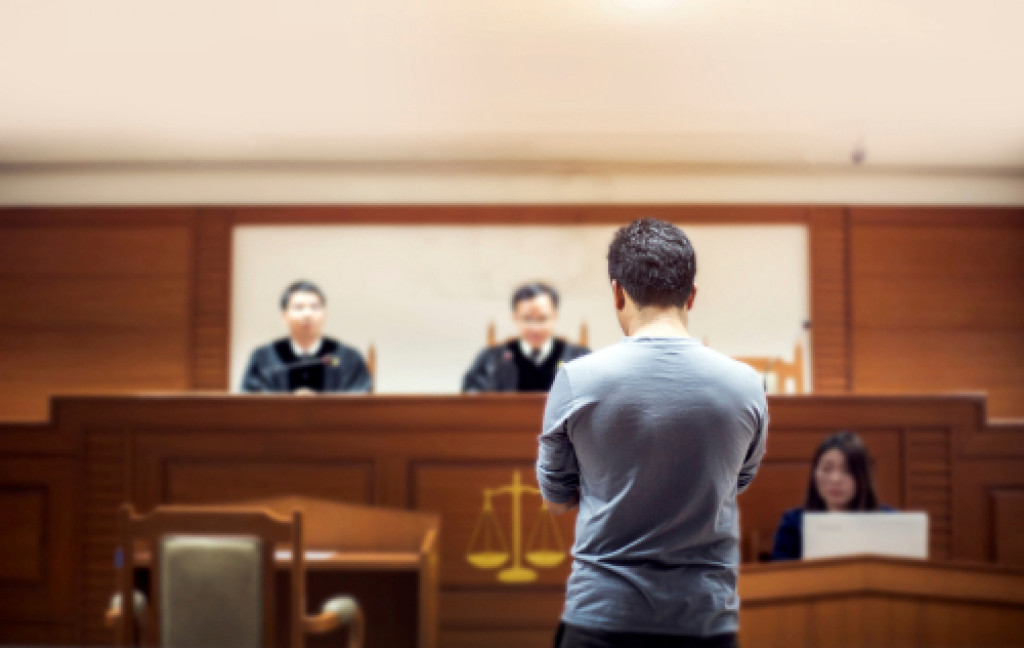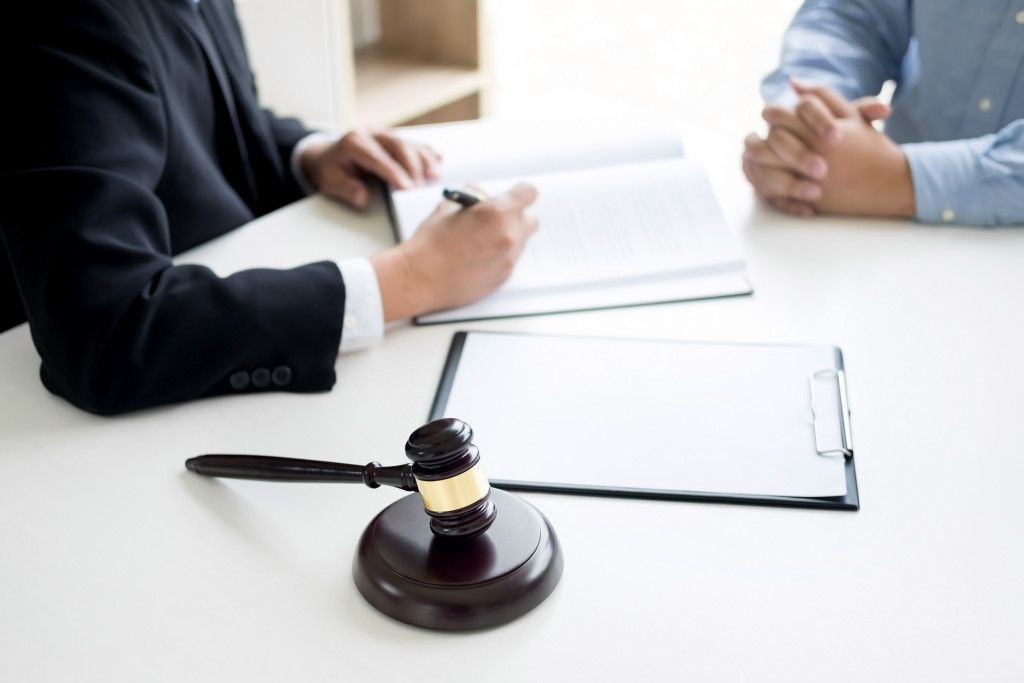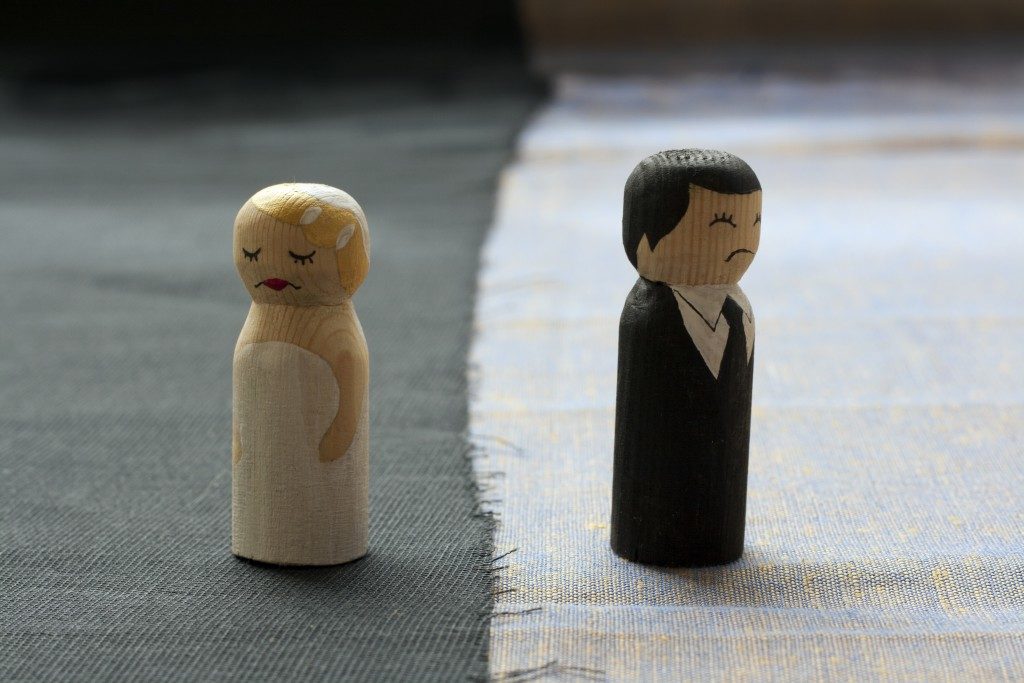- Hire an experienced criminal defense attorney to assess the evidence and develop a strong defense strategy.
- Gather and preserve evidence related to the case, such as witness statements and physical evidence.
- Analyze the prosecution’s case for weaknesses and build a defense based on the facts of your case.
- Challenge any evidence that may have been obtained illegally or claim self-defense if appropriate.
- Prepare for trial, including developing opening and closing statements and being aware of your body language in court.
When people are charged with a crime, it can be a daunting experience. The criminal justice system is complex and challenging to navigate, and the stakes are high. A criminal conviction can have serious consequences, including fines, jail time, and damage to your reputation. That’s why it’s crucial to build a solid criminal defense strategy to protect your rights. Here are some tips and guidance on how to make a strong criminal defense strategy. Whether you’re facing a DUI, drug charge, assault, or another criminal offense, these recommendations will help you protect your rights and achieve the best possible outcome.
Hire an Experienced Criminal Defense Attorney
Before you can formulate a robust criminal defense strategy, you must look for an experienced criminal defense attorney. An attorney who specializes in criminal law can provide you with reliable legal expertise throughout the trial process.
They can help you understand your rights under the law, assess the evidence against you, and develop a solid defense strategy. Therefore, when choosing a criminal defense attorney, look for someone with a track record of success in handling cases similar to yours.
You want an attorney who has experience working with prosecutors, negotiating plea deals, and representing clients in court. A good defense attorney should also be able to communicate well with you, answer your questions, and keep you informed throughout the process.
Gather and Preserve Evidence
One key element of a strong criminal defense strategy is to gather and preserve evidence. This includes physical evidence, witness statements, and any documentation that may be relevant to your case.
Your attorney can help you obtain and analyze this evidence to build a strong defense. In addition to gathering evidence, it’s also essential to preserve it.
Evidence can be easily lost, destroyed, or tampered with, so it’s crucial to take steps to protect it. Your attorney can work with you to ensure that all evidence is properly documented, labeled, and secured.

Develop a Defense Strategy
A strong criminal defense strategy should be based on a thorough analysis of the evidence against you. Your attorney can help you develop a plan that takes into account all the facts of your case, as well as the strengths and weaknesses of the prosecution’s case. Here are some examples:
Arguing the Legality of Evidence
When it comes to building a strong criminal defense, it is crucial to consider the legality of the evidence that is presented. Your attorney can help you evaluate the constitutionality of any searches or seizures that were conducted during the investigation and make sure that your rights were not violated. They can also challenge any statements by witnesses or confessions by you that were obtained illegally.
Challenging the Credibility of Witnesses
In many criminal cases, the prosecution’s case relies heavily on the testimony of witnesses. Your attorney can challenge a witness’s credibility by raising questions about their motives, memory, or inconsistencies in their statements. In addition, your attorney can analyze any physical evidence that was gathered and ask appropriate questions to ensure that its accuracy is not compromised.
Claiming Self-defense
In some cases, you may be able to argue that your actions were in self-defense. Your attorney can help you evaluate the evidence and determine if this defense is appropriate for your case. In general, self-defense is only permissible when the force used is reasonable and necessary to protect yourself or others from imminent harm.

Be Prepared for Trial
Sometimes the inevitable happens, and your case does go to trial. Take time to prepare and work closely with your attorney to understand the charges against you, the evidence that will be presented, and the potential outcomes of the trial. Here are some things to plan for:
Body Language
Your body language is an important factor in a criminal trial. It’s essential to be aware of how you appear to the jury, so practice proper courtroom etiquette and maintain a composed and respectful demeanor at all times. Keep your nonverbal cues professional; for example, avoid slouching or appearing overly emotional. This will demonstrate that you are taking the charges against you seriously.
Testimony
In a criminal trial, testimony is a critical element of the defense strategy. Witnesses can provide important information about the facts of the case, and their testimonies can help to support or discredit an argument. Your attorney can advise you on how to prepare for direct and cross-examination from witnesses, as well as how to use evidence such as photographs, documents, or other objects to your advantage.
Opening and Closing Statements
The opening and closing statements of a criminal trial provide an opportunity for the defense to present their case in a concise and compelling way. Preparation is key here, so make sure you are familiar with all of the evidence that will be presented and work closely with your attorney on crafting clear and coherent arguments.
Going through a criminal trial can be a difficult and stressful experience. However, with the proper guidance and support, it’s possible to build a strong criminal defense strategy and protect your rights. By hiring an experienced criminal defense attorney, gathering and preserving evidence, developing a comprehensive defense strategy, and being prepared for trial, you can increase your chances of achieving a favorable outcome. Remember, everyone has the right to a fair trial, and a solid criminal defense is essential to ensure that justice is served.



